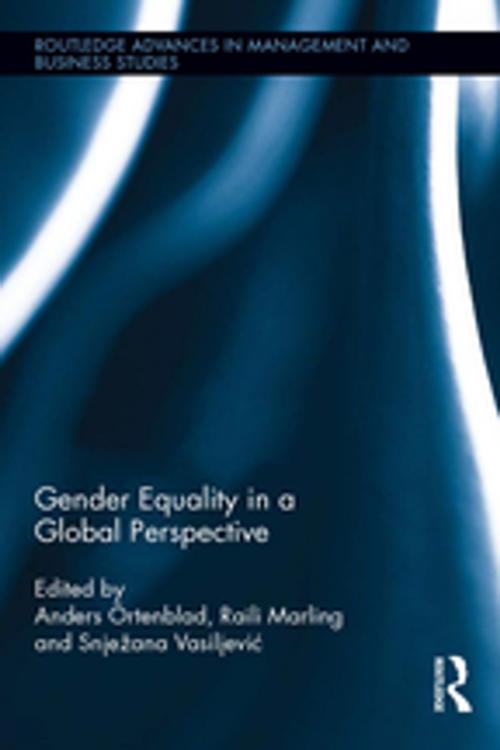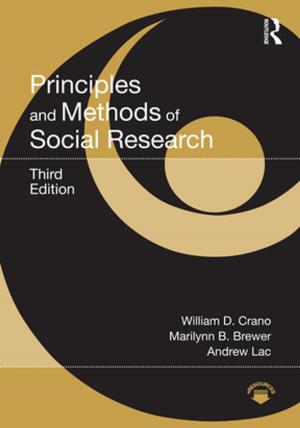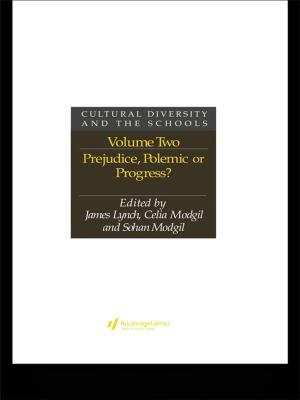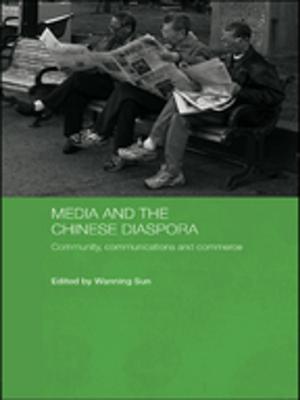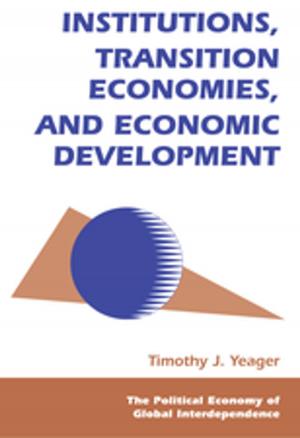Gender Equality in a Global Perspective
Business & Finance, Human Resources & Personnel Management, Organizational Behavior, Business Reference| Author: | ISBN: | 9781317274223 | |
| Publisher: | Taylor and Francis | Publication: | January 6, 2017 |
| Imprint: | Routledge | Language: | English |
| Author: | |
| ISBN: | 9781317274223 |
| Publisher: | Taylor and Francis |
| Publication: | January 6, 2017 |
| Imprint: | Routledge |
| Language: | English |
Gender Equality in a Global Perspective looks to discuss whether Gender Equality can be adopted as it has been defined in international documents anywhere, or whether it needs to be adapted in a more local context; discuss which factors and perspectives need to be taken into account when adapting Gender Equality to specific contexts; suggest research approaches for studies on whether a universal (Western) concept of Gender Equality fits in certain specific contexts; and finally suggests challenges to the existing interpretation of Gender Equality (e.g., theory of intersectionality); and the development of legal and policy framework.
This book is situated within the tradition of comparative gender studies. While most other such books take up and compare various ways of implementing (or not implementing) gender equality, this book studies and compares whether or not (and to what extent) a specific definition of Gender Equality (GE) could be adopted by various nations. Thus, all chapter contributors will engage with the same definition of GE, which will be presented within the book, and discuss the possibilities and constrains related to applying such a definition in their particular national context.
The readers will learn about the problems of applying a universal concept of Gender Equality and the possible reasons for and modes of adapting Gender Equality to different contexts. Gender Equality in a Global Perspective looks to maintain a critical and reflexive stance towards the issues raised and will seek to present multiple perspectives and open-ended answers. As such it hopes to contribute to the international discussion of human rights more broadly and Gender Equality specifically.
The intended audience is not limited only to but will include policy makers, scholars and students with an interest in Gender issues, Organizational Theory, Political Science, Human Development, Policy Analysis, Globalization and other management sub-disciplines.
Gender Equality in a Global Perspective looks to discuss whether Gender Equality can be adopted as it has been defined in international documents anywhere, or whether it needs to be adapted in a more local context; discuss which factors and perspectives need to be taken into account when adapting Gender Equality to specific contexts; suggest research approaches for studies on whether a universal (Western) concept of Gender Equality fits in certain specific contexts; and finally suggests challenges to the existing interpretation of Gender Equality (e.g., theory of intersectionality); and the development of legal and policy framework.
This book is situated within the tradition of comparative gender studies. While most other such books take up and compare various ways of implementing (or not implementing) gender equality, this book studies and compares whether or not (and to what extent) a specific definition of Gender Equality (GE) could be adopted by various nations. Thus, all chapter contributors will engage with the same definition of GE, which will be presented within the book, and discuss the possibilities and constrains related to applying such a definition in their particular national context.
The readers will learn about the problems of applying a universal concept of Gender Equality and the possible reasons for and modes of adapting Gender Equality to different contexts. Gender Equality in a Global Perspective looks to maintain a critical and reflexive stance towards the issues raised and will seek to present multiple perspectives and open-ended answers. As such it hopes to contribute to the international discussion of human rights more broadly and Gender Equality specifically.
The intended audience is not limited only to but will include policy makers, scholars and students with an interest in Gender issues, Organizational Theory, Political Science, Human Development, Policy Analysis, Globalization and other management sub-disciplines.
